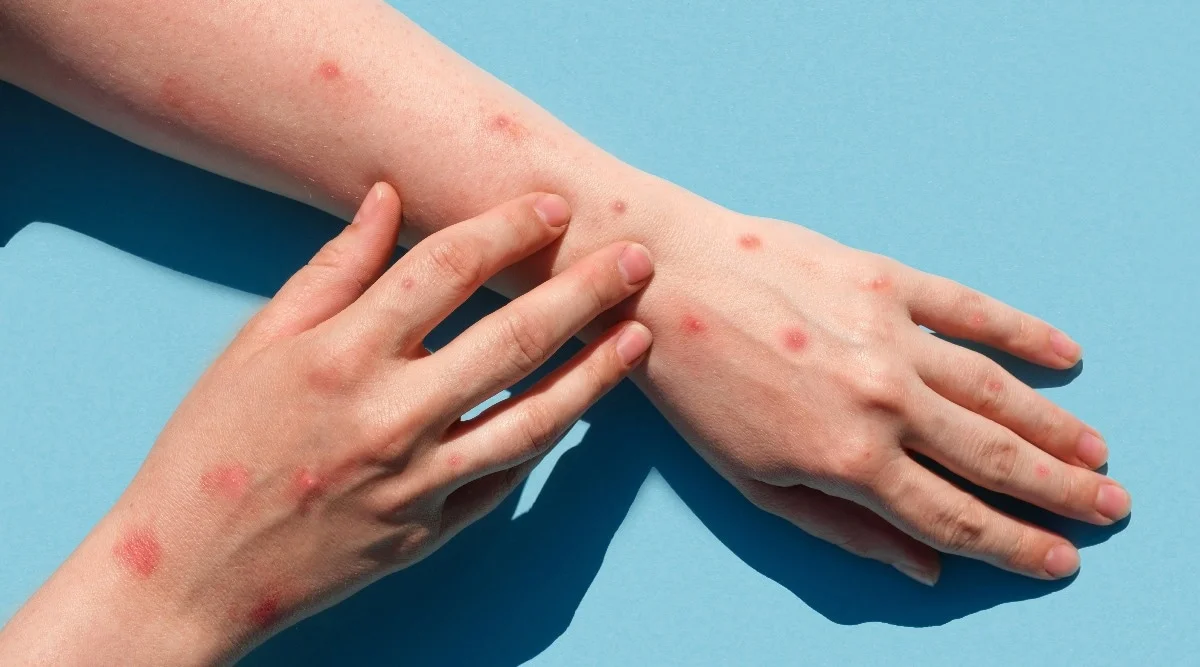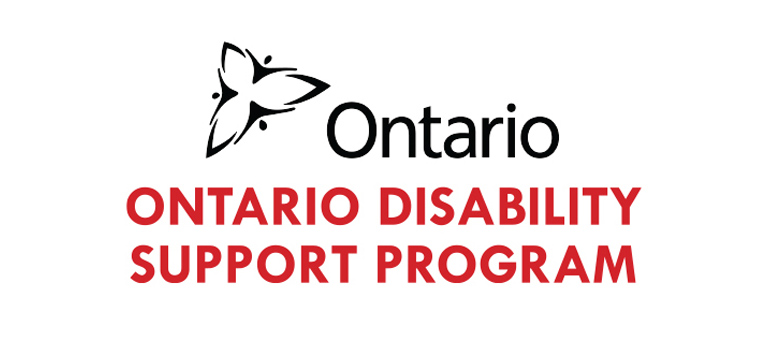Monkeypox: What You Should Know!

What Is It?
Monkeypox is a viral zoonosis (a virus transmitted to humans from animals) with symptoms similar to smallpox patients, although it is clinically less severe.
Monkeypox primarily occurs in proximity to tropical rainforests, but has been increasingly appearing in urban areas. CDC reports that symptoms tend to start within 3 weeks of exposure. Individuals with monkeypox get a rash that may be located on or near the genitals or anus, but could also be on other areas like the hands, feet, chest, face, or mouth.The rash can initially look like pimples or blisters and may be painful or itchy.
How Is It Spread?
Monkeypox is spread through close skin to skin contact, this can include, but is not limited to:
- Direct contact with monkeypox rash, scabs, or body fluids from an infected person
- Touching objects, fabrics and surfaces that have been used by an infected person including objects used during sex
- Contact with respiratory secretions.
- Oral, anal, and vaginal sex or touching the genitals of a person with Monkeypox
- Prolonged face-to-face contact.
It is also possible for people to spread the virus to animals and vice versa, either by being scratched or bitten by the animal or by preparing or eating meat or using products from an infected animal.
QUICK FACT – Pregnant individuals can also spread the virus to their fetus through the placenta.
Symptoms
Indiviuals who have been exposed to Monkeypox may experience all, some or no symptoms, including, but not limited to:
- Fever
- Chills
- Fatigue
- Body aches
- Headache
- Swollen Lymph nodes
- Respiratory symptoms
Monekypox is contagious from the time symptoms start until the rash is healed, all scabs have fallen off and a fresh layer of skin has formed — typically last 2-4 weeks
Prevention & Infection
CDC highly recommends that you get the monekypox vaccine, if available, but due to limited supply CDC recommends practicing safe sex and other safe behaviours regarding monkeypox transmission – COMMUNICATION IS KEY
Monkeypox can contaminate the environment. Poxviruses can survive in linens, clothing and on surfaces, particularly when in dark low humidity environments – MAKE SURE TO DISINFECT YOUR HOME THOROUGHLY and take regular hygiene measures!
Final Notice
If you notice any new and concerning rashes coming up on you or a pet or if you are experiencing any new or worsening symptoms, contact your health care provider. If diagnosed with Monkeypox isolate immediately!
For More Information Check Out:
- The CDC official website
- The Government of Canada offical website
- The official website for the World Health Organization, or;
- Your local public health website



